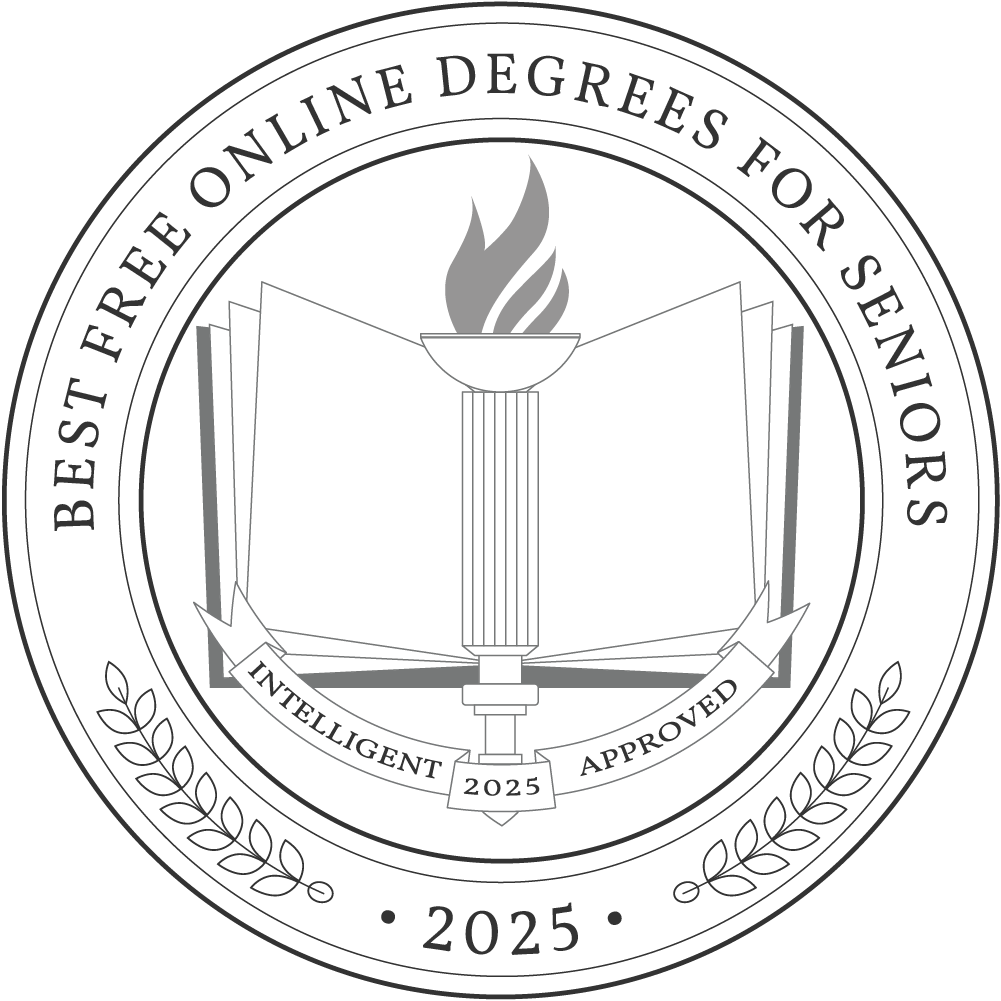Education is a lifelong journey. Whether you’re a senior citizen looking to start or finish a degree, learn new skills for your career, or keep your mind active, there’s likely a free online degree program or course that can help you achieve your goals.
Blanca Villagomez, a program coordinator and counselor at UC-Irvine, offers her insight into what senior citizens should know about online degrees and courses and how seniors can choose the program that’s right for them.
Below, we cover some of the best free online college degrees for senior citizens and provide information about how taking college courses can benefit older adults.
Why Trust Us
The Intelligent.com Higher Education Team is dedicated to providing students with independent, equitable school and program rankings and well-researched resources. Our expert-driven articles cover topics related to online colleges and programs, paying for school, and career outlooks. We use data from the U.S. Department of Education’s College Scorecard, the National Center for Education Statistics, and other reputable educational and professional organizations. Our academic advisory team reviews content and verifies accuracy throughout the year for the most current information. Partnerships do not influence rankings or editorial decisions.
- Analyzed over 2,000 national, accredited, and nonprofit colleges and universities
- 800+ rankings pages are reviewed and updated yearly
- Content is informed by reputable sources, surveys, and interviews with academic advisors and other experts
- Over 100 data points are reviewed for accuracy and quality throughout the year, including sources
How we rank schools
Our list features the best free online degrees for seniors at top colleges nationwide. Each school featured is a nonprofit, accredited institution — either public or private — with a high standard of academic quality for post-secondary institutions.
We evaluated each school’s program on tuition costs, admission, retention and graduation rates, faculty, reputation, and the student resources provided for online students. We collected data from trusted sources like the National Center for Education Statistics, individual school and program websites, school admissions counselors, and other data sources. Then, we calculated the Intelligent Score on a scale of 0 to 100 based on the following criterion:
Academic Quality:
- Admission rate versus enrollment rate
- Retention rate of students who return after year one
- Accreditation status (regional and programmatic)
- Nonprofit status, both private and public institutions
Graduation Rate
- Overall graduation rate
- Total number of currently enrolled students, including diversity metrics
- Student-to-faculty ratio
Cost and ROI
- In-state and out-of-state per-credit tuition rates and fees
- Required credits to graduate
- Earning potential after graduation
- Availability of federal student loans, scholarships, and other financial aid options
Student Resources
- Available student services for online-only and hybrid programs
- On-campus amenities like tutoring centers and the number of libraries
Read more about our ranking methodology.
Best 22 Free Online Degrees for Seniors
FiltersInstitution Type
Status
- Intelligent Score
- Alphabetically By University Name
- Acceptance Rate
- Enrollment
- In-state Graduate Tuition
- Out-of-state Graduate Tuition
- In-state Undergraduate Tuition
- Out-of-state Undergraduate Tuition
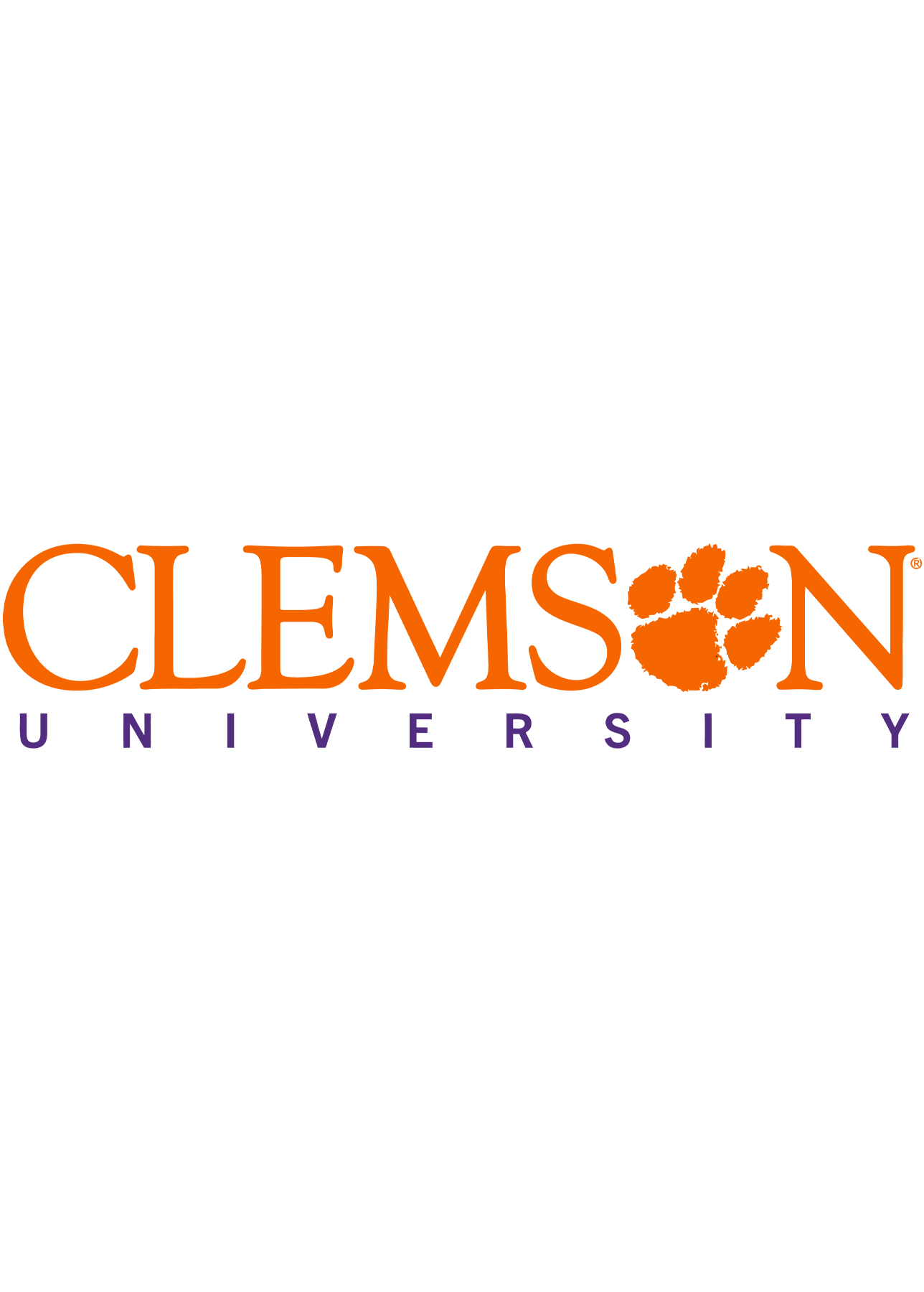
Clemson University
Intelligent Score: 96.47In-state: $14,118
Out-of-state: $37,110
In-state: $10,600
Out-of-state: $10,600
SAT: 1210-1390
ACT: 27-32
Free
Online, On-Campus, Hybrid
Southern Association of Colleges and Schools Commission on Colleges
Certificate: 9-12 Undergraduate: 120 Graduate: 30-60
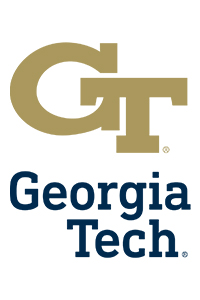
Georgia Tech
Intelligent Score: 94.06In-state: $28,106
Out-of-state: $49,218
In-state: $27,898
Out-of-state: $27,898
SAT: 1370-1530
ACT: 31-35
Free
Online, On-Campus, Hybrid
Southern Association of Colleges and Schools Commission on Colleges
Certificate: 12 Undergraduate: 120-131 Graduate: 30-36
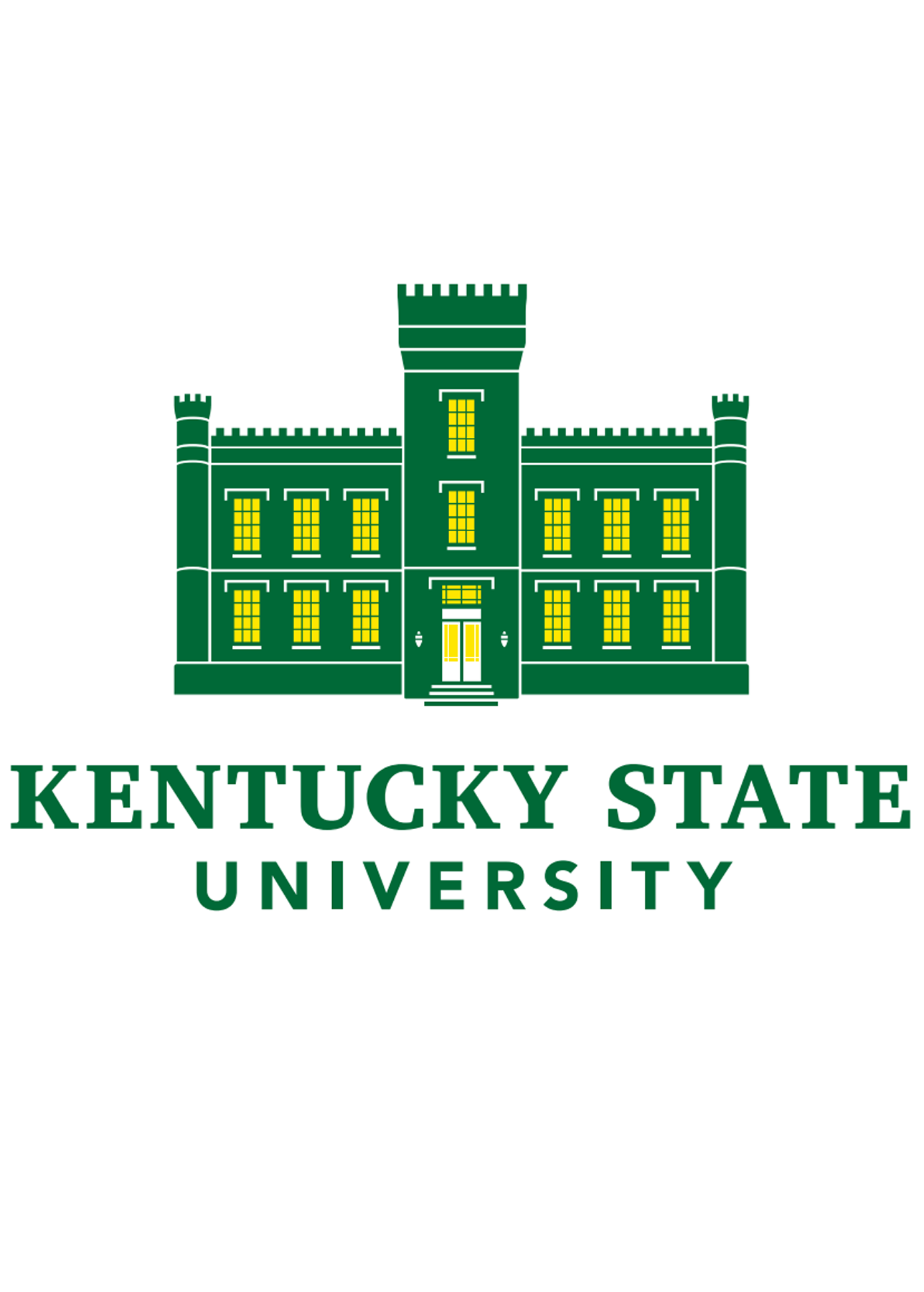
Kentucky State University
Intelligent Score: 92.64In-state: $7,700
Out-of-state: $11,550
In-state: $7,560
Out-of-state: $7,560
SAT: 860-1050
ACT: 15-20
Free
Online, On-Campus
Southern Association of Colleges and Schools Commission on Colleges
Certificate: 12-13 Undergraduate: 120 Graduate: 36-72

Michigan Technological University
Intelligent Score: 90.33In-state: $17,339
Out-of-state: $38,082
In-state: $21,744
Out-of-state: $21,744
SAT: 1160-1350
ACT: 25-30
Free
Online, On-Campus
Higher Learning Commission
Certificate: 9-15 Undergraduate: 120 Graduate: 30
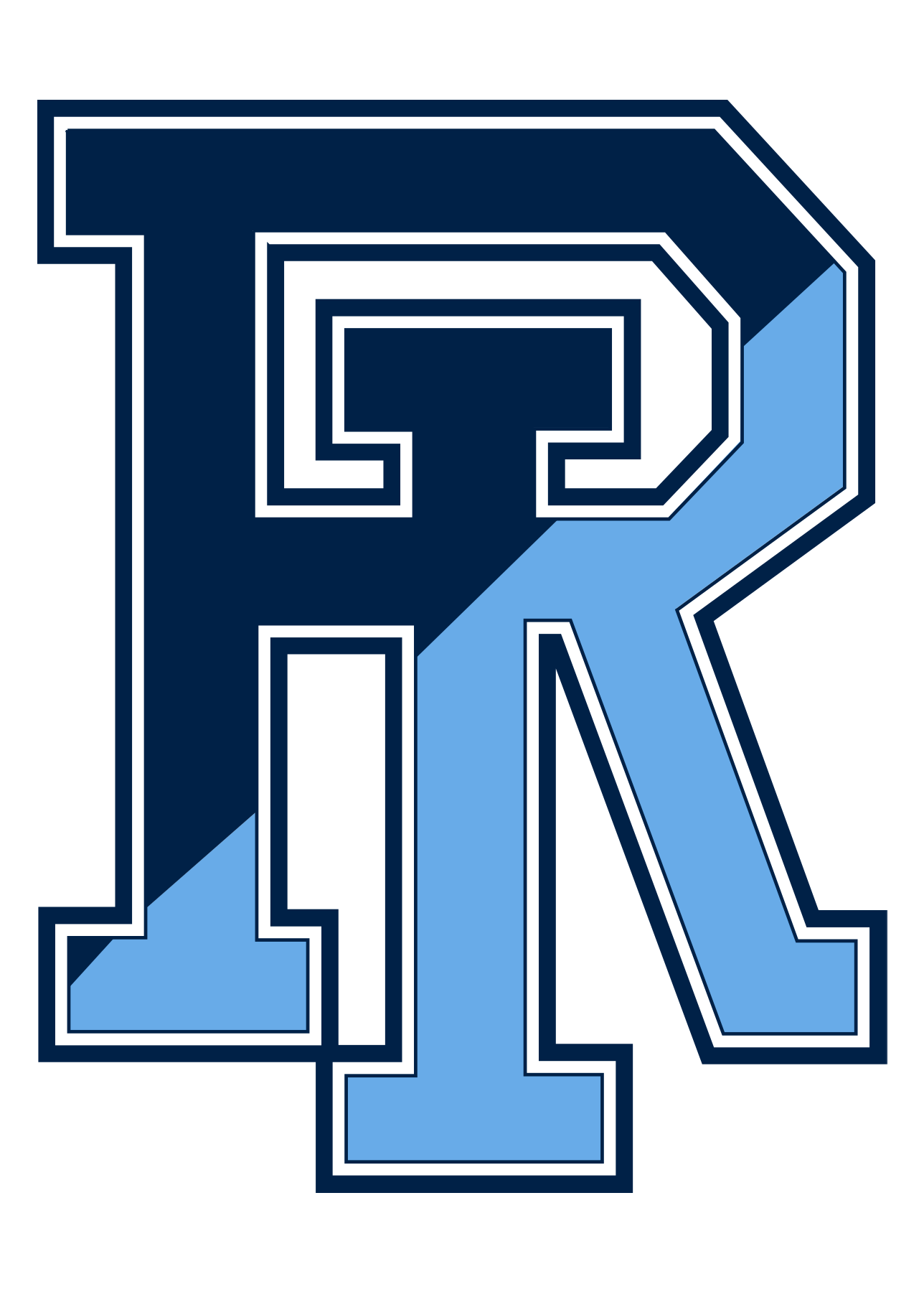
University of Rhode Island
Intelligent Score: 90.2In-state: $12,922
Out-of-state: $30,496
In-state: $14,096
Out-of-state: $14,096
SAT: 1090-1260
ACT: 23-28
Free
Online, On-Campus
New England Commission of Higher Education
Certificate: 12 Undergraduate: 120 Graduate: 30-36

University of Alaska Fairbanks
Intelligent Score: 90.03In-state: $27,590
Out-of-state: $44,590
In-state: $29,182
Out-of-state: $29,182
SAT: 1110-1360
ACT: 17-27
Free
Online, On-Campus, Hybrid
Northwest Commission on Colleges and Universities
Certificate: 12-33 Associate: 60 Undergraduate: 120 Graduate: 30-39

University of Arkansas
Intelligent Score: 89.8In-state: $7,568
Out-of-state: $24,056
In-state: $7,752
Out-of-state: $7,752
SAT: 1090-1280
ACT: 23-29
Free
Online, On-Campus
Higher Learning Commission
Certificate: 12-21 Undergraduate: 120 Graduate: 30-96
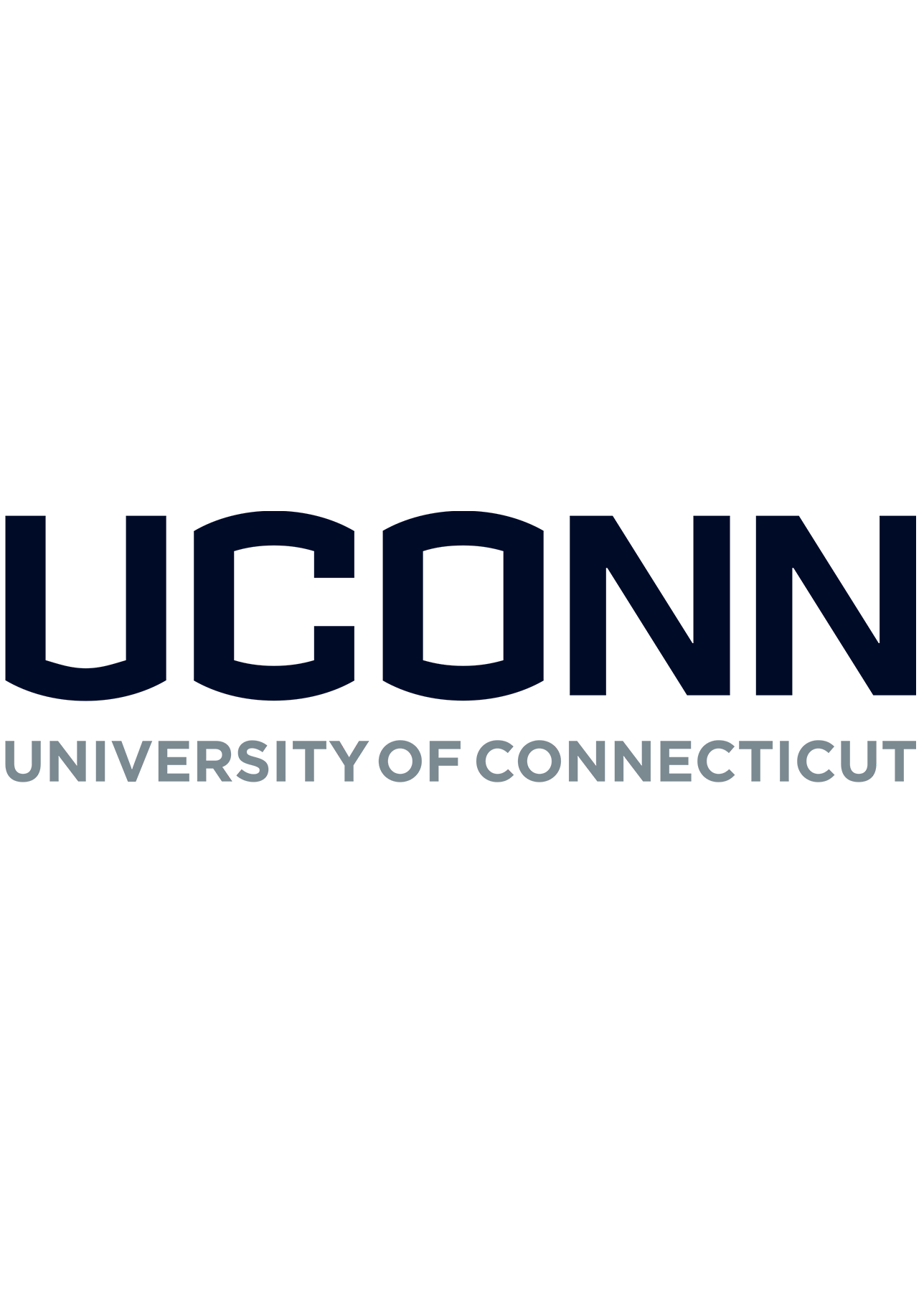
University of Connecticut
Intelligent Score: 89.46In-state: $14,406
Out-of-state: $37,074
In-state: $16,908
Out-of-state: $16,908
SAT: 1170-1390
ACT: 27-32
Free
Online, On-Campus, Hybrid
New England Commission of Higher Education
Undergraduate: 120 Graduate: 30-60
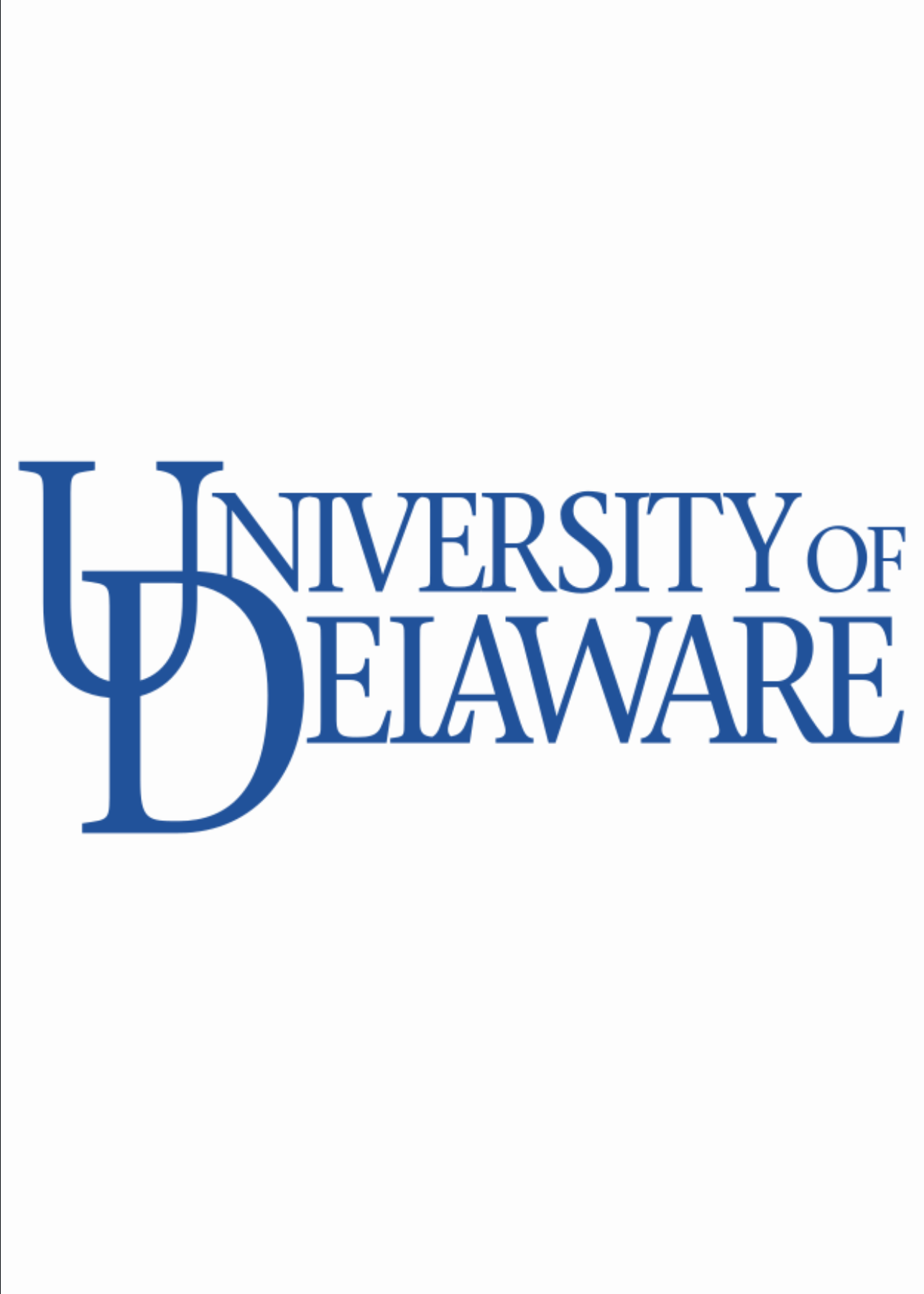
University of Delaware
Intelligent Score: 88.63In-state: $12,730
Out-of-state: $34,160
In-state: $34,164
Out-of-state: $34,164
SAT: 1150-1330
ACT: 25-30
Free
Online, On-Campus
Middle States Commission on Higher Education
Certificate: 9-15 Associate: 60 Graduate: 30-38
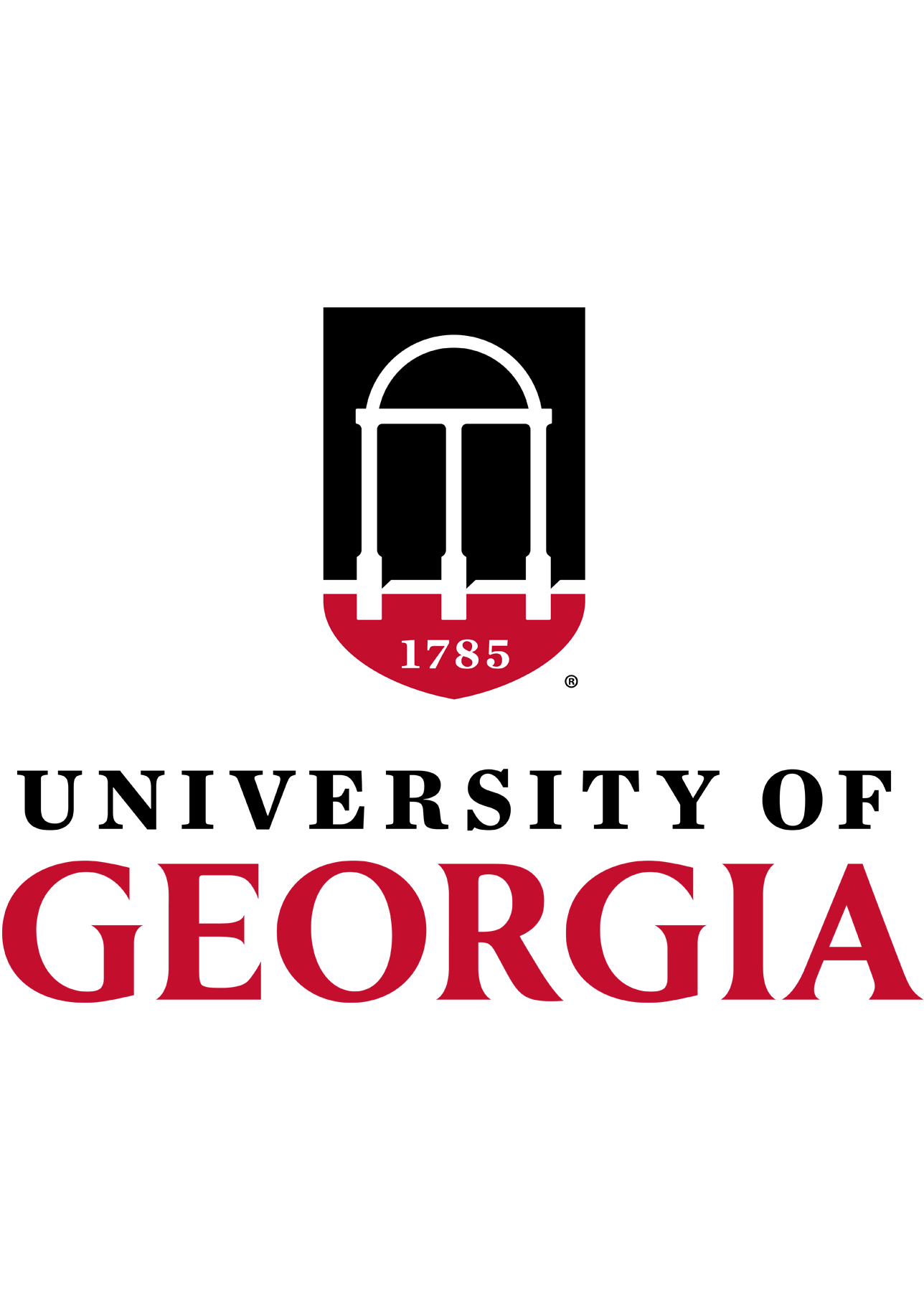
University of Georgia
Intelligent Score: 86.72In-state: $9,790
Out-of-state: $28,830
In-state: $8,878
Out-of-state: $8,878
SAT: 1250-1460
ACT: 29-33
Free
Online, On-Campus, Hybrid
Southern Association of Colleges and Schools Commission on Colleges
Certificate: 9-24 Undergraduate: 120 Graduate: 30-60

University of Illinois at Urbana - Champaign
Intelligent Score: 86.64In-state: $14,317
Out-of-state: $33,824
In-state: $15,016
Out-of-state: $15,016
SAT: 1200-1460
ACT: 27-33
Free
Online, On-Campus, Hybrid
Higher Learning Commission
Certificate: 8-33 Undergraduate: 120 Graduate: 32-72

University of Louisiana
Intelligent Score: 86.07In-state: $5,407
Out-of-state: $19,135
In-state: $5,511
Out-of-state: $5,511
SAT: 1000-1210
ACT: 20-26
Free
Online, On-Campus
Southern Association of Colleges and Schools Commission on Colleges
Certificate: 12-20 Undergraduate: 120 Graduate: 30-48
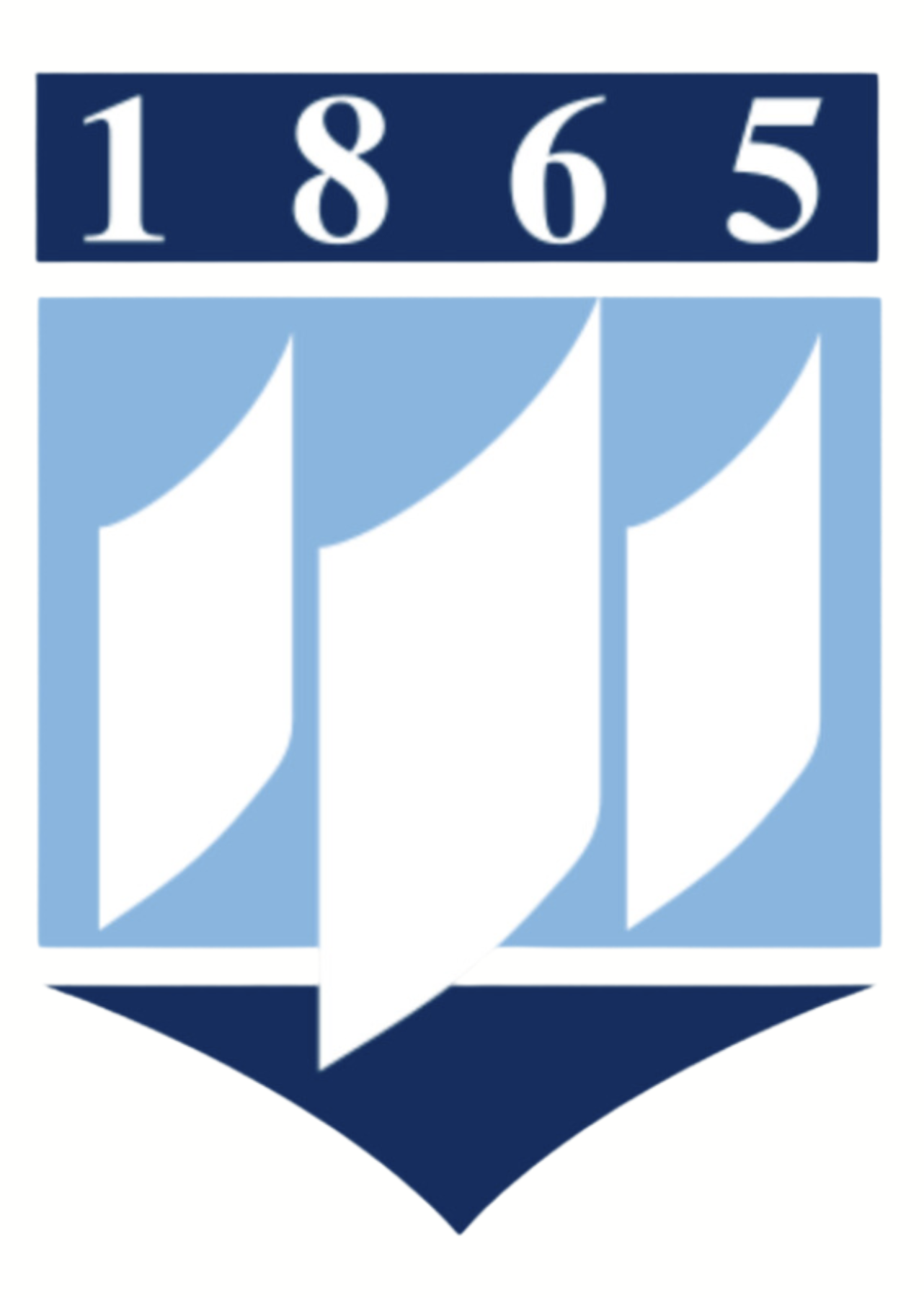
University of Maine
Intelligent Score: 85.72In-state: $9,240
Out-of-state: $30,030
In-state: $8,298
Out-of-state: $8,298
SAT: N/A
ACT: N/A
Free
Online, On-Campus
New England Commission of Higher Education
Certificate: 9-16 Undergraduate: 120-125 Graduate: 30-51

University of Maryland
Intelligent Score: 85.43In-state: $8,824
Out-of-state: $34,936
In-state: $13,158
Out-of-state: $13,158
SAT: 1270-1480
ACT: 30-34
Free
Online, On-Campus, Hybrid
Middle States Commission on Higher Education
Certificate: 12-21 Undergraduate: 120 Graduate: 30-48

UMass Amherst
Intelligent Score: 84.11In-state: $15,791
Out-of-state: $35,779
In-state: $14,014
Out-of-state: $14,014
SAT: 1200-1390
ACT: 27-32
Free
Online, On-Campus, Hybrid
New England Commission of Higher Education
Certificate: 12-24 Associate: 60 Undergraduate: 120 Graduate: 30-42
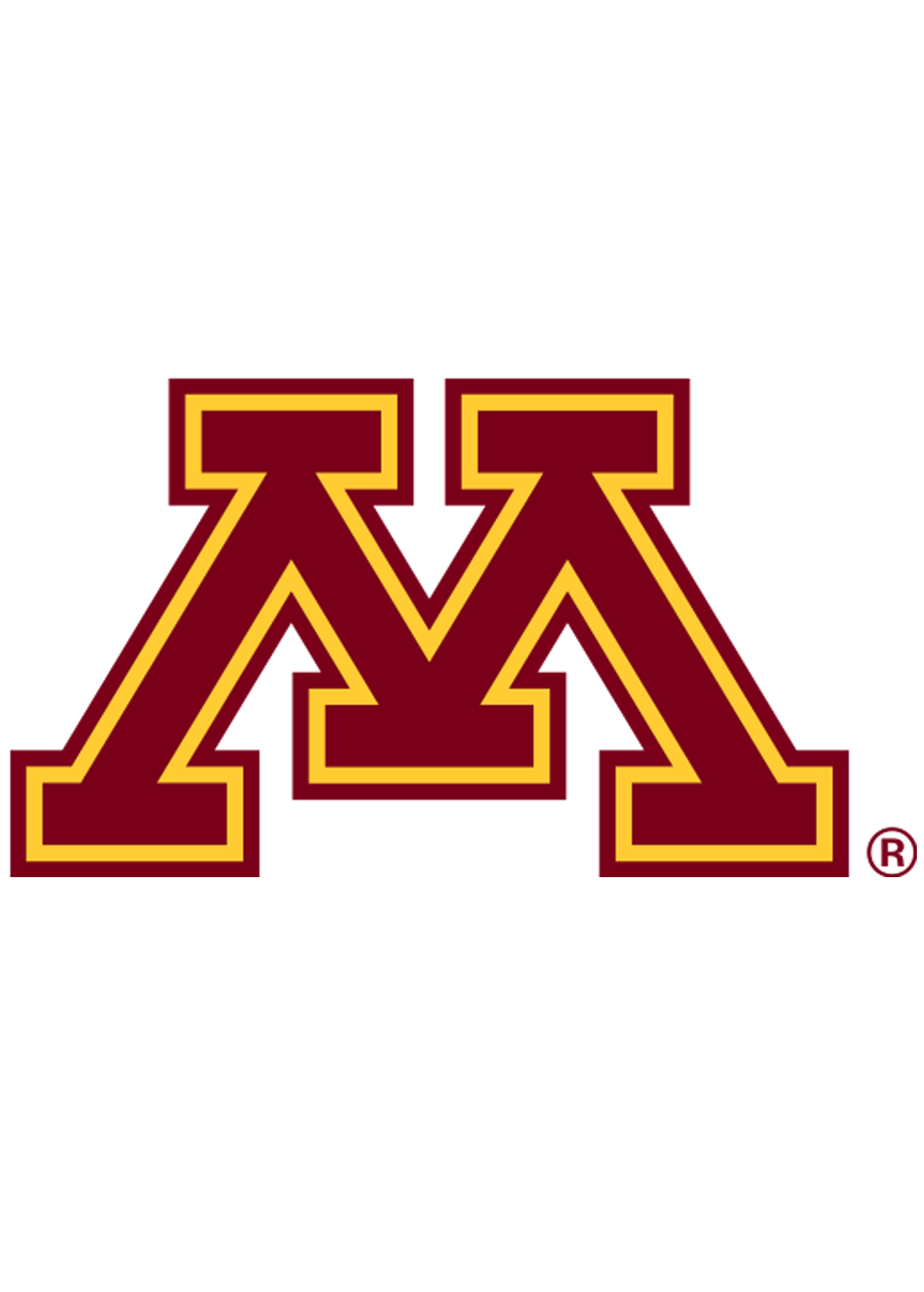
University of Minnesota
Intelligent Score: 83.99In-state: $13,318
Out-of-state: $31,616
In-state: $17,580
Out-of-state: $17,580
SAT: 1240-1460
ACT: 25-31
Free
Online, On-Campus
Higher Learning Commission
Certificate: 12-21 Undergraduate: 120 Graduate: 30-80
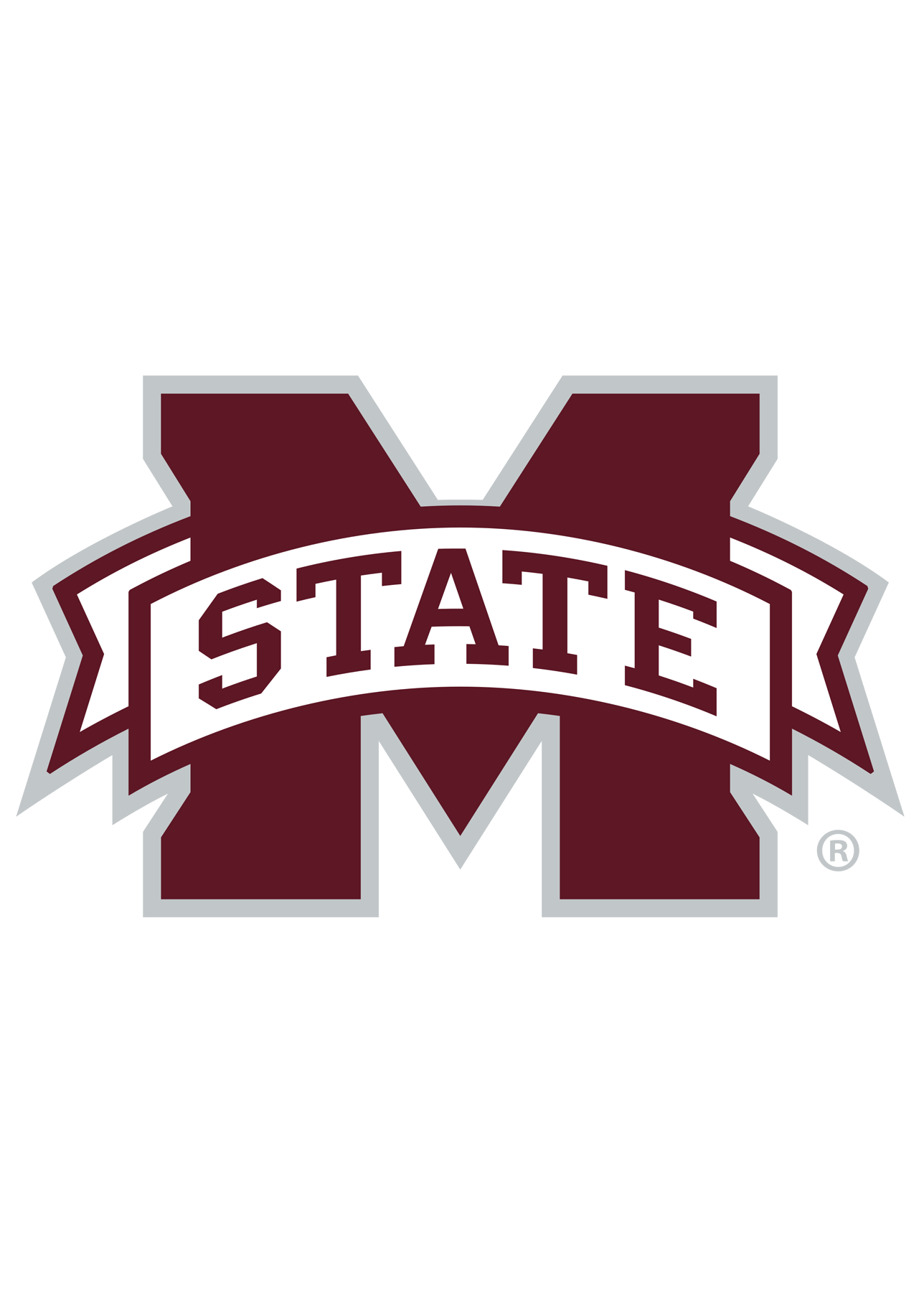
Mississippi State University
Intelligent Score: 83.44In-state: $8,800
Out-of-state: $23,840
In-state: $8,800
Out-of-state: $8,800
SAT: 1050-1270
ACT: 22-30
Free
Online, On-Campus
Southern Association of Colleges and Schools Commission on Colleges
Certificate: 6-53 Undergraduate: 120-124 Graduate: 30-42
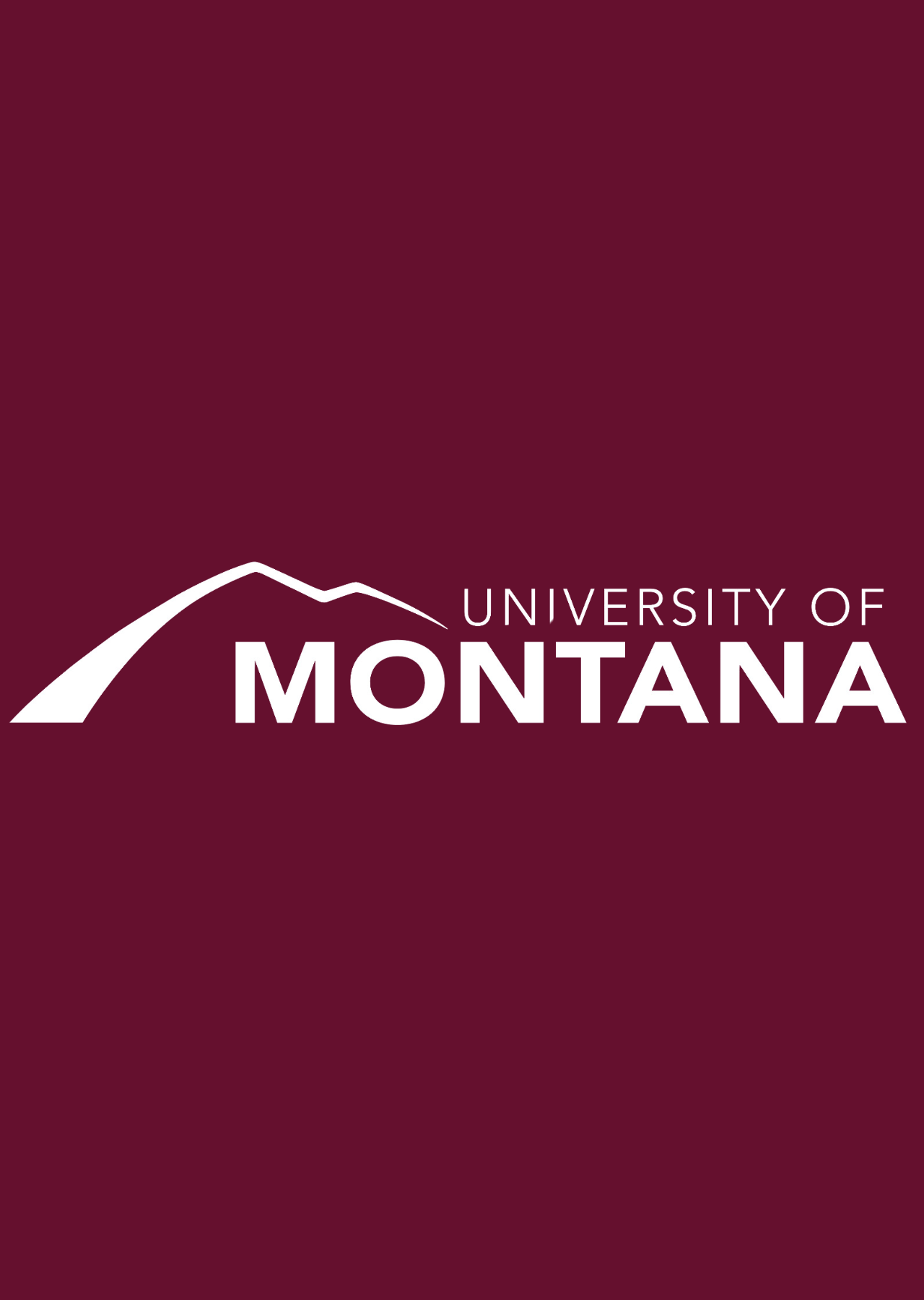
University of Montana
Intelligent Score: 81.95In-state: $5,352
Out-of-state: $25,106
In-state: $5,076
Out-of-state: $5,076
SAT: 1050-1240
ACT: 20-27
Free
Online, On-Campus
Northwest Commission on Colleges and Universities
Certificate: 5-34 Associate: 60-74 Undergraduate: 120-127 Graduate: 30-91
The Benefits of Taking College Courses as a Senior
“As we age, it becomes increasingly important to keep our brains active and challenged,” Villagomez says. “Learning new information and skills through online courses is a wonderful way to do just that.” Here are some benefits of pursuing online education in your golden years.
More schedule flexibility
For seniors still in the workforce, online courses are a convenient, flexible way to learn new skills to help them advance in their current field or prepare for a career change. This is also true for those who may want to ensure they still have time to pursue hobbies and interests or spend time with family and friends.
Improved psychological well-being
Research shows that lifelong learning has a positive impact on the psychological well-being of seniors. This includes helping senior citizens maintain mental acuity, avoid feelings of loneliness and isolation, and provide a sense of personal fulfillment and satisfaction.
Renewed sense of purpose after retirement
Retirement is a significant life change that can lead to a sense of loss, both of identity and structure. Pursuing an online education can help fill these voids, says Villagomez.
“Online courses require structure, which can be great for recently retired individuals who need a routine in their lives,” she says. “Setting goals, completing assignments, and engaging with course materials can help senior citizens establish a new purpose and sense of accomplishment that can improve their overall well-being. Additionally, online learning allows senior citizens to discover new interests and passions.”
How to Take Online College Classes for Free as a Senior Citizen
There are several ways for senior citizens to take college classes for free. However, students should note that not all of these paths lead to receiving a degree. Students seeking a degree should consult with an admissions representative to determine the specifics of their intended program and if they’ll have to pay tuition or fees to receive a degree.
Tuition waivers
The most common way for senior citizens to attend college for free is by enrolling in a public university that participates in a tuition waiver program for senior citizens. Nearly all states have programs that allow seniors to waive tuition at state-supported institutions, although specific eligibility requirements vary.
Some states only allow seniors to waive tuition at two-year colleges, which only award associate degrees, while others offer tuition waivers for four-year colleges as well. The eligibility age also differs depending on the state and typically ranges from 60 to 65. Students should contact their school directly to determine if the school participates in a state-supported tuition waiver program and the eligibility requirements.
Scholarships
Special scholarships may also be available to older learners to help make higher education more accessible. Always check with the financial aid office to determine if there are any institution-specific options. State or national scholarships may also be available, including those that aren’t just for seniors but that allow adults or those returning to college to apply.
Auditing
Another common way for seniors to participate in college classes for free is by auditing a course. Students are typically allowed to audit courses that haven’t reached their enrollment capacity, and many schools offer this service at no charge.
However, it should be noted that when you audit a class, you don’t get an overall grade or credit. Therefore, auditing courses typically don’t lead to a degree. While students can attend classes and complete assignments, they don’t have to participate in assessments like exams.
Free courses/MOOCs
Many prestigious universities, including Harvard, Yale, University of Pennsylvania, Stanford, and more, offer massive open online courses, or MOOCs, through online platforms such as EdX and Coursera. MOOCs allow students from anywhere worldwide to learn from top professors and industry experts in various subjects. They are conducted entirely online, and most allow you to work at your own pace. The course is usually broken down into modules that students progress through.
Most platforms offer a free option, which gives students limited-time access to course materials, and a paid option, which typically awards students a certificate upon successful course completion. While MOOCs can be an ideal way to upskill or explore a new subject, they generally do not lead to a full degree.
Discounts
Just like in grocery stores, restaurants, and other businesses, senior discounts also exist for higher education. Many schools offer discounted tuition to seniors who meet certain age or income requirements. Make an appointment with an admissions counselor or the financial aid office to find out what discounts the school may offer and what other financial aid opportunities there may be.
What Senior Citizens Should Know About Online Degrees and Courses
For senior citizens considering enrolling in an online degree or course, there are a few key things to be aware of to ensure a smooth, successful learning experience.
Program accreditation
Any institution you are considering should be accredited. Regional and national accreditations are the most common, but program-specific accreditations are sometimes possible. A program earning accreditation means that it has been independently reviewed and found to have met specific standards that ensure students receive a well-rounded, thorough education that prepares them for success in that field.
Technology proficiency
Individuals enrolling in online courses must be familiar with and comfortable with technology. Students must have a reliable computer and high-speed internet access to stream lessons, download course materials, and upload assignments. Most online courses use portals like Canvas or Blackboard to give students access to lessons, assignments, and communication tools like message boards and discussion forums.
Students enrolling in live online classes will also need working cameras and microphones and be comfortable communicating using these tools. They should also be able to troubleshoot connectivity issues to ensure they can log in to classes and submit assignments without complications.
Course delivery formats
There are a few types of delivery methods for online courses. Synchronous classes meet virtually at designated days and times using videoconferencing platforms. These classes typically include more real-time interaction between students and faculty, but they require students to adhere to a predetermined schedule.
Asynchronous courses, meanwhile, don’t require students to attend classes at any particular time. In this delivery format, students learn through prerecorded videos, reading assignments, and homework, allowing them to study independently. While asynchronous courses are more flexible, they’re also more autonomous, as students don’t have as many opportunities for real-time interactions with classmates and instructors.
Lastly, some schools or programs offer hybrid classes, including both in-person and online learning components.
Student experience
Given the nature of online learning, the student experience differs from attending an on-campus program. Online courses tend to be more self-directed, especially if they are asynchronous, with students having limited interaction with faculty and classmates. In these courses, communication usually happens through emails and online message boards, although some instructors make themselves available via phone or videoconferencing.
While this allows students to focus more of their energy on learning, some students may miss the social aspect and learning support of a traditional classroom environment. Senior citizens seeking a social component to their experience should consider synchronous classes with virtual meetings and review the school’s extracurricular options for remote students.
Associated costs
Even if an online degree or course is free, there will likely be some associated costs students should keep in mind. The most significant expense for online learning is typically technology, including a reliable computer, microphone, camera, and high-speed internet access.
Depending on the area of study, students may also need certain software programs or textbooks. Some tuition-free programs charge students fees for tech support or online resources.
How to Choose the Free Online Degree Program That’s Right for You
Looking for a free online degree program can be overwhelming, but these steps can help you get started.
Review your goals
The first step in choosing the best free online degree for senior citizens is self-reflection and clarifying your needs and wants. Seniors who want to explore a new interest or dive deeper into an existing passion may find that one or two courses are sufficient for their needs. Meanwhile, those who want or need a full degree must decide what degree they want (associate, bachelor’s, master’s) and how much time and effort they can dedicate to their education.
Research online programs
Once you know what you want out of your education, it’s time to research the programs that will fit your needs.
“Online search engines and directories are a great place to start, as they can provide valuable
information about accredited institutions, tuition costs, and course offerings,” Villagomez says. “Another approach is to consult with academic advisors at colleges or universities to discuss specific program requirements and course options.”
Professional organizations and industry associations can also provide information about educational requirements for certain jobs and may also have course offerings related to your area of interest.
Talk to those who know you best
Villagomez reminds seniors to look to those closest to them for guidance, saying, “Friends and family who have experience with online learning may be able to provide personal recommendations best suited to your needs.”
